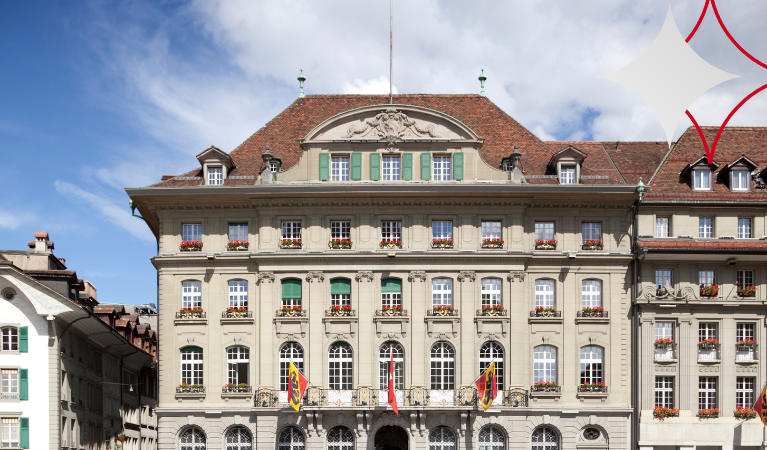March Market Update
Delve into the stability of GBP/EUR and GBP/USD amidst central bank decisions in February, while March's outlook hints at potential market volatility and political shifts. Stay informed on upcoming economic events and rate projections in this insightful review.












